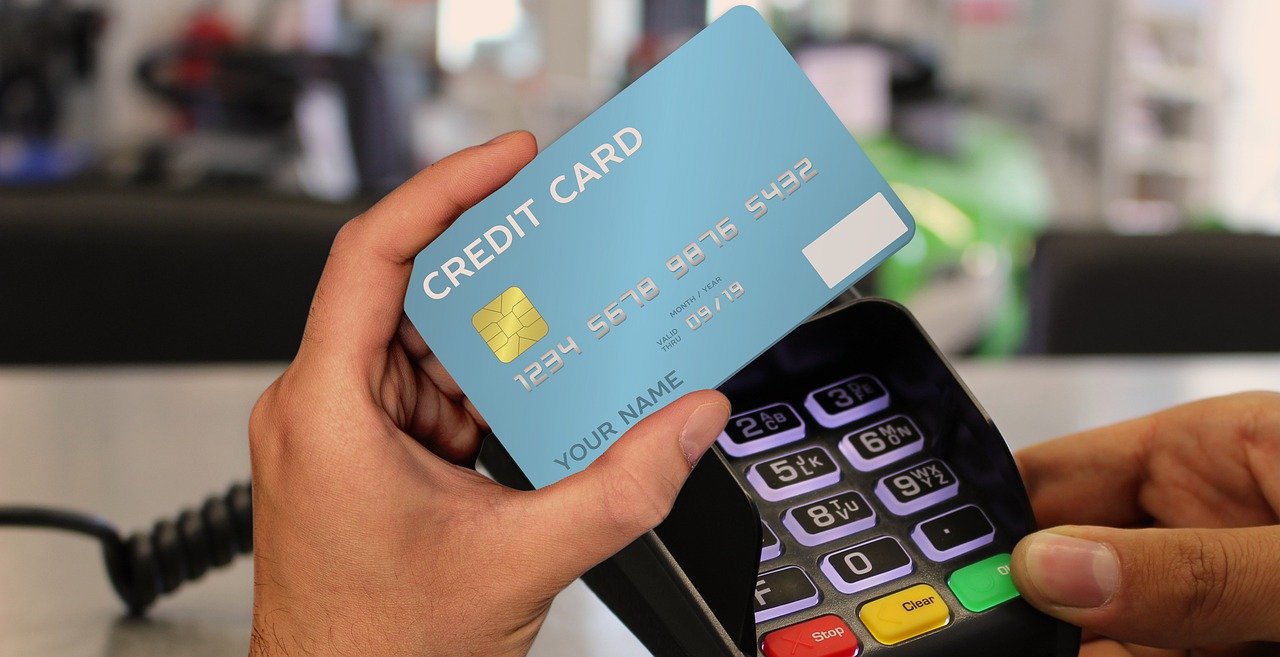It’s easy to confuse credit card fraud with identity theft, but they’re not the same thing. Let’s take a quick look at how they’re different.

Credit Card Fraud vs. Identity Theft
Credit card fraud is a potential consequence of identity theft. Here, a thief steals your credit card information and then makes purchases in a store or online. Most credit card companies have a liability limit of $50. This means that even if a thief has charged thousands of dollars to your card, you’d likely only have to pay $50. Often, credit card companies simply wipe out any charges that are the result of fraud.
However, identity theft can involve much more than a few fraudulent charges. Identity thieves can steal your personal information to open a new line of credit, open a new credit card, or obtain a false ID in your name. Unlike credit card fraud, there’s no liability limit. That means you might end up paying for all the damage caused by an identity thief.
Catching The Thief
Credit card fraud can often be caught early if you have the appropriate protective measures in place. In some cases, a credit card company will raise an alarm if transactions look suspicious. For instance, if you live in Boston, a bunch of charges in Bogota would cause some red flags to pop up. Keep in mind that credit card theft can happen when a wallet gets lost or stolen, but it can also happen when your information is taken without your permission (at a restaurant, in a store, or online through an unsecured site), while your card is safely tucked away in your wallet.
Identity theft can take a variety of other forms, from thieves stealing your medical information to get free healthcare to hackers using your personal information to open new lines of credit. The tactics employed in these types of identity theft are sophisticated and go well beyond someone trying to pay for jewelry with your stolen credit card number. That makes it difficult to catch these criminals on the early side.
The Impact
Another major difference between credit card fraud and identity theft is the impact. When a thief has a stolen credit card number, he or she can potentially max out that account and may even open other credit cards. Fortunately, there are many fraud prevention measures in the credit industry designed to limit such damage.
The impact of identity theft, on the other hand, can be much greater, lasting for years or even decades. With some types of identity theft, such as medical identity theft, you may not realize you’re a victim until you get a call from a collections agency. By then, the identity theft may be so embedded in your personal records that clearing your name feels like a part-time job. You’ll not only deal with whatever bills are in collection, but also credit bureaus, lenders, other financial institutions — possibly even law enforcement.
Remember to Safeguard Yourself
In the end, it is important to remember that credit card theft is still a part of identity theft. This means that those alerts from your credit card company could be early warning signs that your identity has been compromised completely. Make sure you’re safeguarding yourself against any level of danger, whether it’s just an annoyance or a large-scale risk. Take the time to understand what proactive credit monitoring services can do to help safeguard your sensitive financial information. Bitdefender Identity Theft Protection offers tools to lock down your personal information, so you can protect your identity like a pro.